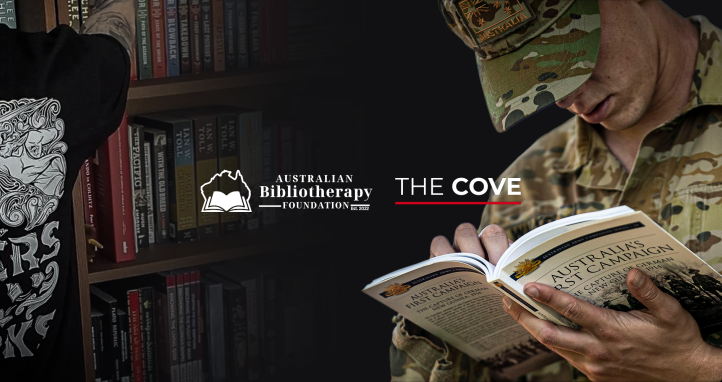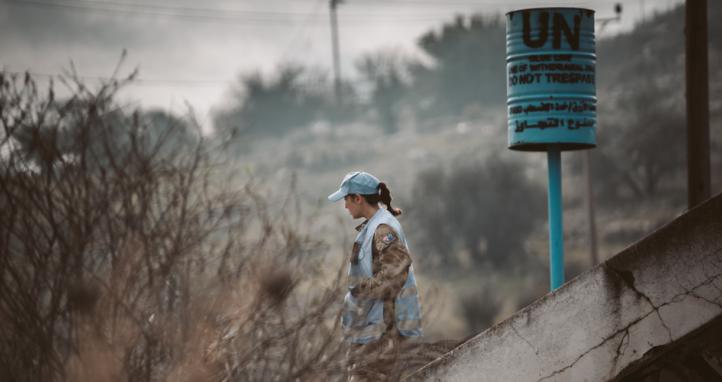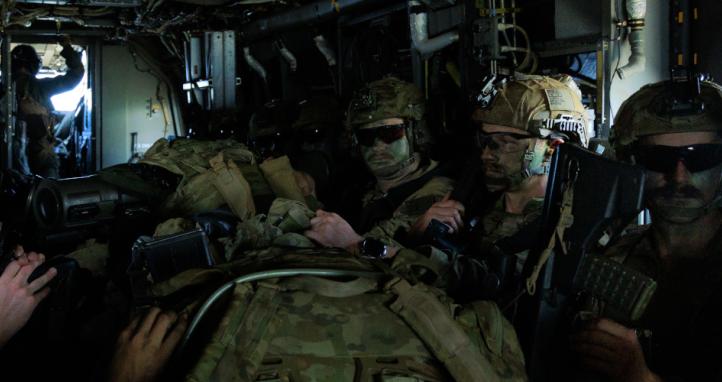This article titled ‘Strategy, Theory and History' by Dr Christian Tripodi via Defence-in-Depth discusses how a particular experience changed his approach. He moved from not wanting to be labelled as a military historian for fear of producing unoriginal and derivative work, to embracing the label.
Dr Tripodi's short article suggests that military history pieces require more than a description of battles to make sense of events. It argues that 'without a firm theoretical grasp of how war functions in terms of engaging rational designs with the forces of chance, chaos and contingency, then we slip into dangerously misleading territory. In particular, we derive a false understanding of how war actually works and, most importantly, how accurately we can use military operations to serve the objectives that we desire.
Unless military history can find a way to accommodate the insights provided by theorists of war, as opposed to just theorists of battles, then not only will it forever fail to provide the necessary intellectual rigour required by scholars, but it will also encourage those who read it to believe that the results of operations and conflicts can be explained by simple observable outcomes, rather than by the complex and inherent nature of war itself.'
Read the article and let us know if you agree with the author’s perspective. Consider further reading on his more detailed works (links provided via the website) as well.










As a Small Group Leader in the late 1990's at a US Army Branch School, I saw the use of the Staff Ride inappropriately used especially at the Officer Basic Course Level. Instead of using it as a vehicle to discuss terrain, weather, leadership, and small unit tactics, it was constantly confused with, and linked to, historical battle analysis. This tended to overwhelm most new Lieutenants, or in the case of history buffs, provide them with a somewhat elevated sense of knowledge that really wasn't applicable to the Platoon level.
Many of the SGLs attempted to fix this, but even they were hamstrung by a US Army tool that was extremely difficult to mix into Small Unit Leadership, especially when larger complex campaign locations like Gettysburg, Chickamauga, or Kennesaw Mountain were used out of convenience due to access.
As a proponent of the Staff Ride, I am glad to see that the Australian Army is committed to the use of history and the Staff Ride as part of an outstanding Professional Military Education program.